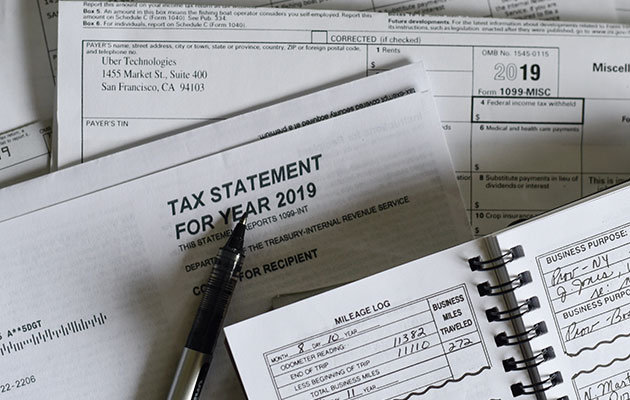-
Articles
Shopping Tax Incentive for Personal Tax Income Filing for FY2025
On 24 December 2024, the Thai cabinet approved a shopping program called "easy e-receipts," which permits eligible purchases to be deducted from personal income tax as expenses. The conditions to receive the tax incentive are:
1. Qualifying Purchase Dates
The goods or services must be purchased between 16 January and 28 February 2025.
2. Registration and Receipts
The seller/service provider must register with the Revenue Department’s e-Tax Invoice & e-Receipt system, in order to issue an e-Tax Invoice for the taxpayer as evidence.
- A seller/service provider who is a VAT registrant must issue an e-Tax Invoice, and a non-VAT registrant seller/service provider must issue an e-Receipt.
- The taxpayer must provide his/her e-mail address, name, mailing address, and tax ID to the seller/service provider for issuance of the e-Tax Invoice/ e-Receipt, which the taxpayer will receive via e-mail.
- The taxpayer must keep the e-Tax Invoice/e-Receipt as evidence to file with his or her tax forms.
3. Cap: 50,000 Baht Per Person
- 3.1 Up to 30,000 baht from purchases of goods or service fees paid to seller/service provider registered in the e-Tax Invoice & e-Receipt system, and
- 3.2 Up to 20,000 baht from purchases at community enterprise outlets or One-Tambon-One-Product (Otop) shops.
Note: Taxpayers can purchase OTOP products up to the full 50,000 baht limit if they do not use the purchase quota in 3.1.
4. Eligible and Non-Eligible Products
| Eligible Expenditures (non-VAT) | Non-eligible Expenditures |
|---|---|
| 1. Purchase of books, newspapers, and magazines | 1. Alcoholic beverages and tobacco products |
| 2. Purchase of books, newspapers, and magazines via the internet (e-books) | 2. Fuel and gas for vehicles |
| 3. Purchase of Otop products registered with the Community Development Department | 3. Vehicles, motorcycles, and boats |
| 4. Purchase of goods or services from community enterprises registered with the Department of Agricultural Extension | 4. Utility bills, including fees for utilities such as water, electricity, telephone, and internet. |
| 5. Purchase of goods or services from social enterprises registered with the Office of Social Enterprise Promotion | 5. Service fees, where the usage period is outside the tax incentive period |
| 6. Non-life insurance premiums. | |
| 7. Tourism services, hotel services, homestay services, and accommodations that are not hotels |
Should you have any questions on this or on other areas of tax law, please do not hesitate to contact our Tax Team at SCL Nishimura & Asahi Limited.
Budhima Kerdsiri
Counsel
Hatairat Sukprasert
Associate







Budhima provides advice on tax compliance and a wide variety of tax-related work. In particular, she has extensive experience with accounting transactions and tax planning. Further, she has handled tax counseling and tax controversies and has substantial experience representing and advising individuals and major corporations in tax disputes, including filing appeal letters for tax assessments, which were assessed by the Revenue Department, the Customs Department, the Excise Department, and local tax collection agencies such as those dealing with land and building tax. In addition, she has more than 10 years of experience as a public speaker and columnist for tax magazines, focusing on tax planning and tax compliance for individuals and companies seeking to maximize their tax privileges under Board of Investment (BOI) promotion and accounting adjustments to comply with Thai tax laws.
Budhima was a columnist for the Tax Documentation Journal, the No. 1 public journal related to accounting and taxation published by Dharmniti Press Co., Ltd., and she is also the author of “Differences and similarities between accounting profit and taxable profit,” a book that has been published twice.